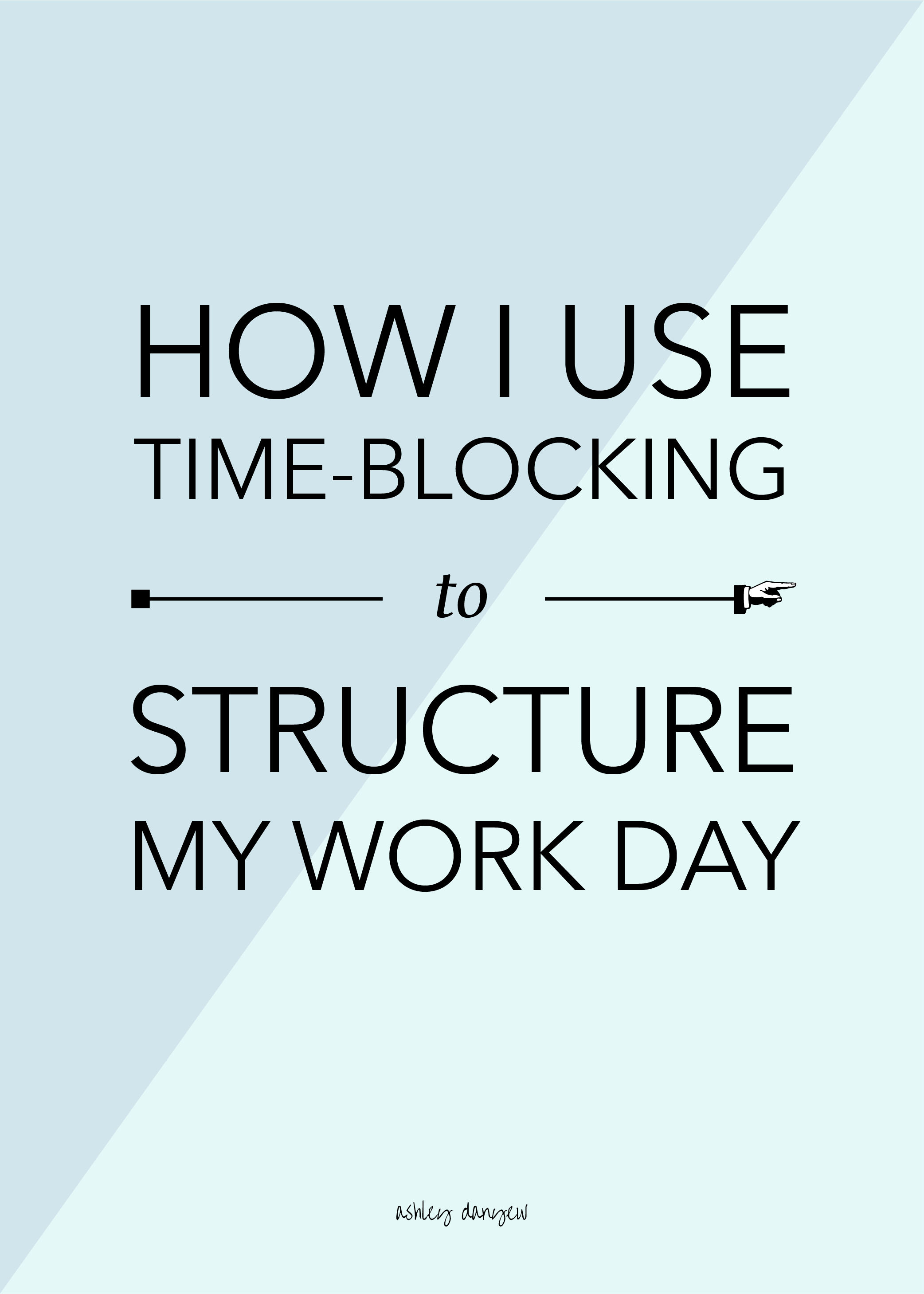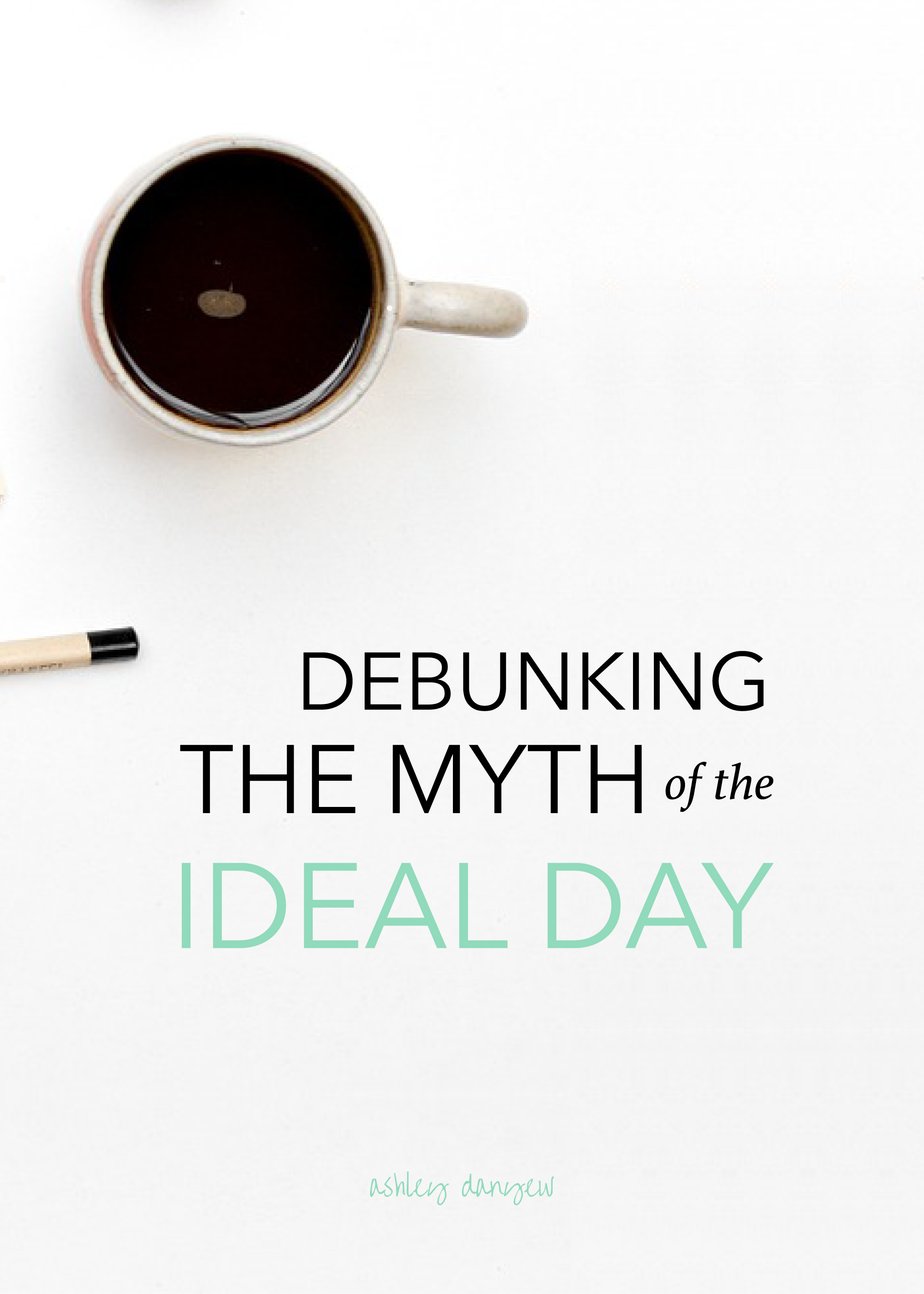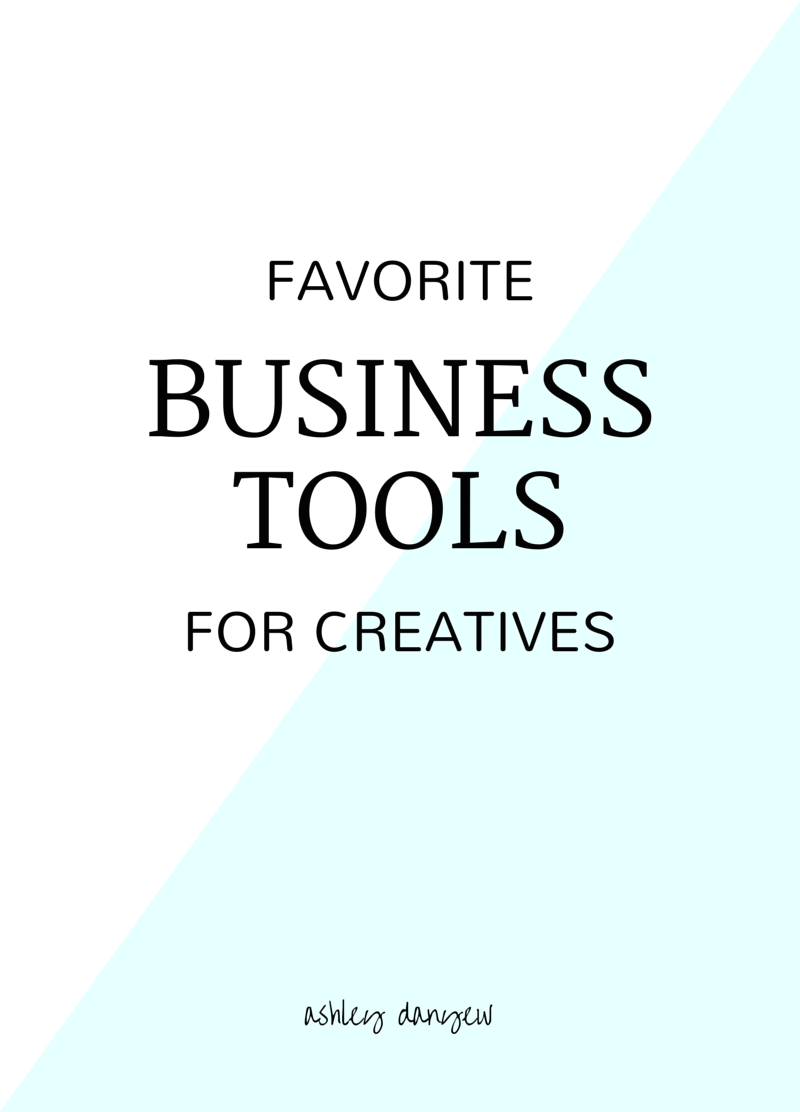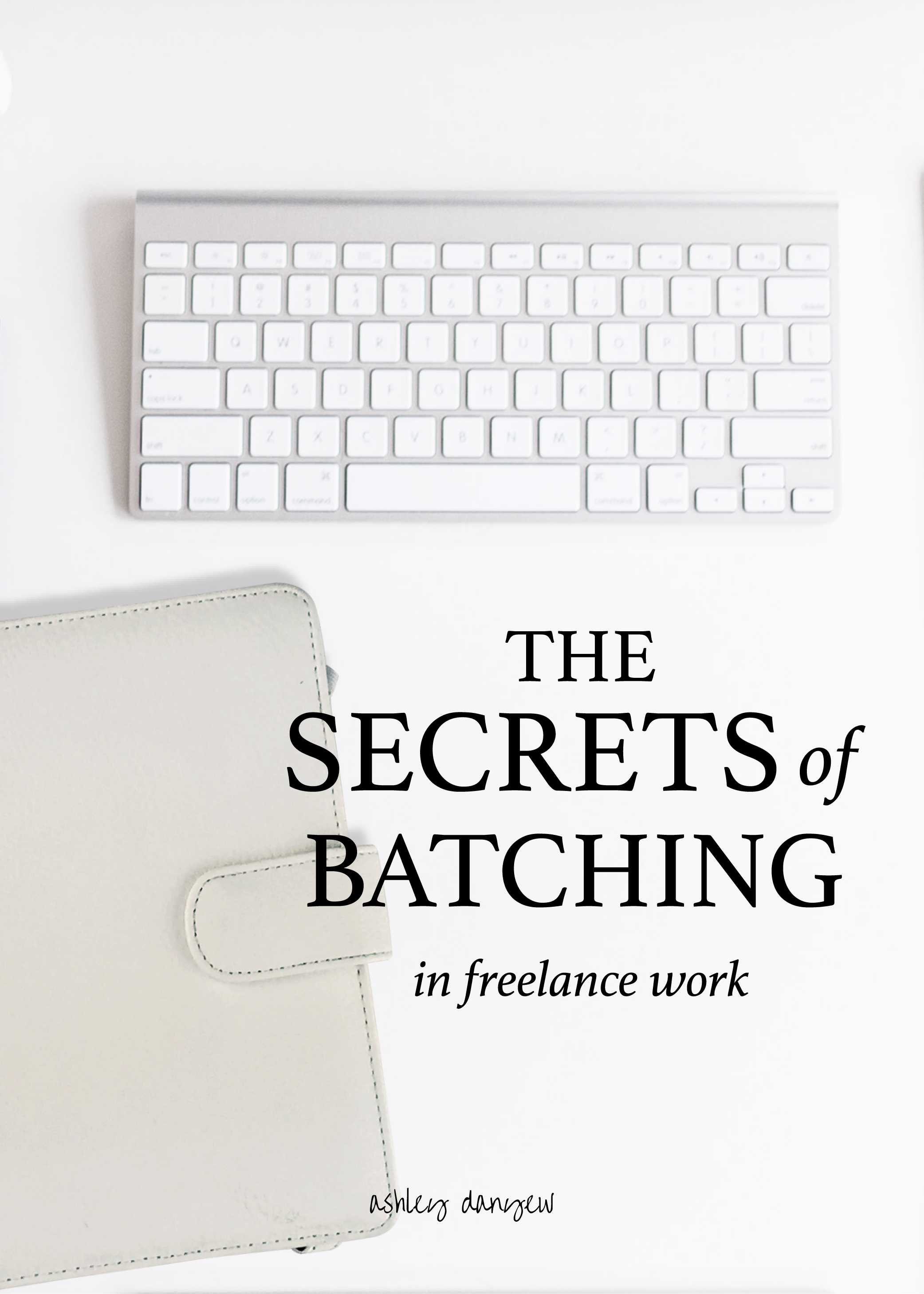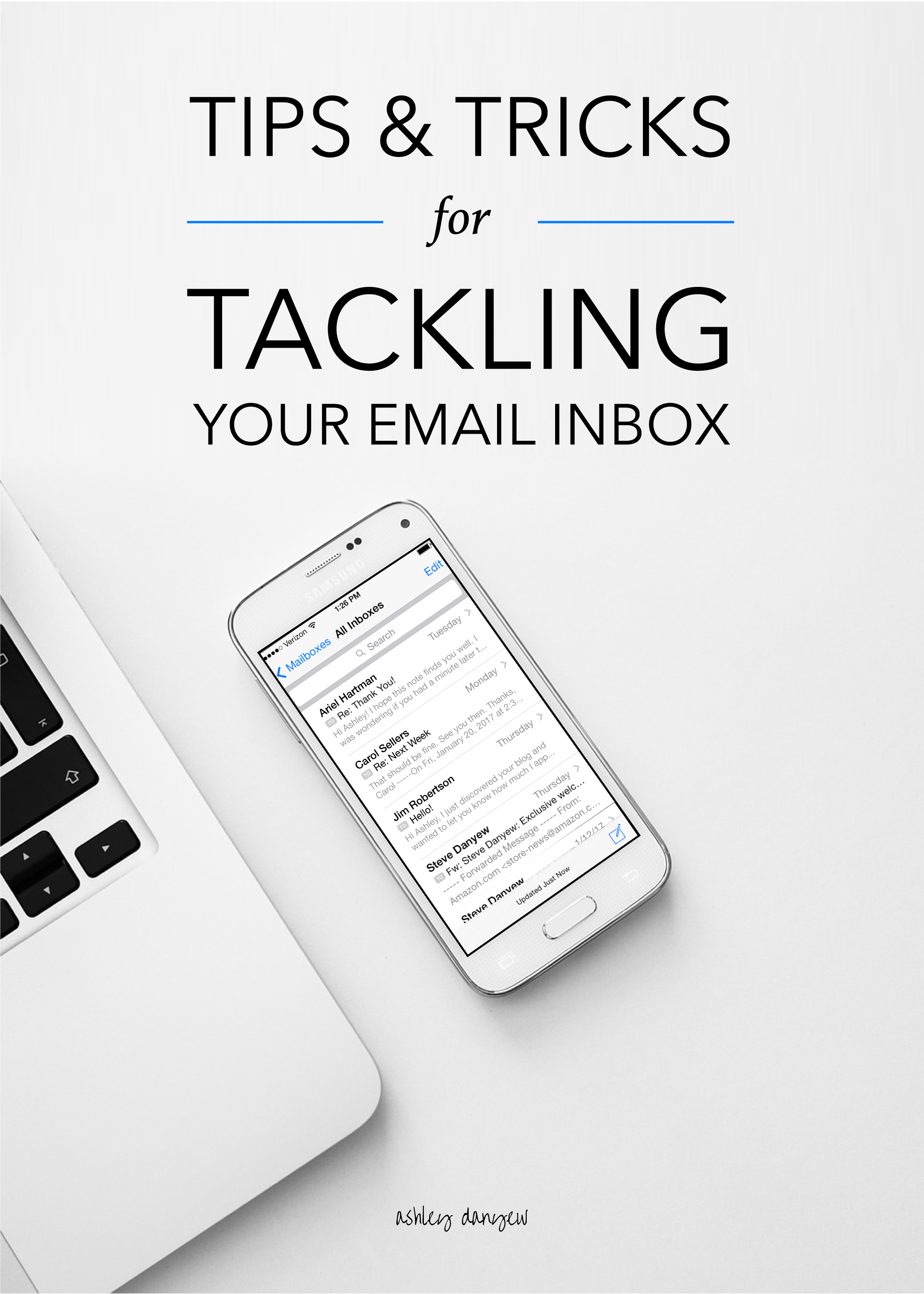Whether you work part-time or full-time, one job or four, in an office or at home, creating a structure for your work day is important to your productivity, creativity, and ultimately, how you feel about your work.
And for those of you who work for yourself and work from home (at least part of the time), boundaries become a necessary part of structuring your day.
Are you prone to burnout?
Do you work until late at night, on the weekends, and even on vacation?
Do you struggle to follow-through on certain projects?
Do you lose motivation easily?
Setting a few boundaries, blocking your time, and figuring out what time of day you do your best work can help set you up for success each and every day.
Today, I’m walking you through my own process for structuring my work days.
Like many of you, I wear many hats during the week: church musician, worship planner, piano teacher, blogger, small business owner. Sometimes, it feels like I’m just keeping the plates spinning, not necessarily making any progress (how many of you can relate to that?).
But, with the help of time-blocking and being intentional about how I use my working hours, I’m beginning to reap the rewards of a more focused, productive work-week.
Here’s a look at how I’m structuring my work days right now:
Morning Walk | 7:45-8:15 a.m.
Our lab/greyhound mix, Rory makes sure we get outside several times a day. We start our day with a short walk around the neighborhood before making coffee, checking email, or sitting down to work.
Email | 8:30-9 a.m.
I start my work day at 8:30 a.m. I open up my email, sort through messages, and respond to anything that’s come in since the day before. I also send any emails I have on my list. This usually takes 20-30 minutes, depending on the day.
Then, I close out of my email until right before lunch.
(Note: This took a few days to get used to. The urge to check email every half hour is strong! However, most of the time, I found I was using it as a distraction to get out of my focused work.)
Related post: Tips & Tricks for Tackling My Email Inbox
Focused Time | 9-11:30 a.m.
I’ve found (through trial and error) that my most productive time of day is mid-late morning, so I make sure to block off a few hours every morning for focused work, usually 9-11:30 a.m.
Most days, I use this block to work on projects that require a little time (e.g. more than 30 minutes) and my full attention. This often includes writing, planning, creating, etc.
During focused work blocks, I close out of my email, turn my phone on silent and put it out of sight (and reach), and often stay off the internet unless I need to quickly look something up. If I’m writing a post or article, I’m often working in Pages or Evernote, so I make the application fullscreen to eliminate distractions.
Did you know? It takes an average of 25 minutes to get back to where you were with your original task after an interruption. (source)
Email/Flex Time | 11:30 a.m.-12 p.m.
After a few hours of good, productive work, I check my email again and respond to anything that’s come in (usually, not that much). This generally takes 10-15 minutes. I use the rest of this block to work on small tasks.
Lunch/Walk | 12-1 p.m.
After lunch, we take another (slightly longer) walk before tackling our afternoon projects. I find taking 15-20 minutes to go for a walk in the middle of the day is a great way to clear my head, think through a problem, and get a fresh perspective on something I’m working on.
Flex Time | 1-2:30 p.m.
In the early afternoon, after lunch, I block off time for flexible work, usually 1-2:30 p.m. Flexible projects can be interrupted or done in various stages. They don’t require as much deep-thinking or focused work as larger, more creative projects.
I use this block for smaller projects and administrative tasks like sending invoices, pulling teaching resources for my students, short-term planning, and the like.
During flexible work blocks, I stay close to my list, making sure I’m ticking off tasks and small projects and not getting lost in any “rabbit holes” (you know what I’m talking about - when you open your browser to Google one simple thing and 30 minutes later, you forgot why you opened your browser).
Again, I keep my phone out of reach to avoid mindlessly checking my email or checking in on social media, because I’ve learned that I use this as a way to get out of work or thinking something all the way through.
Email | 2:30-2:45 p.m.
I check my email once more before my last work block of the day and respond to anything that’s come in since lunch.
Focused Time | 3-6 p.m.
Most days, I teach piano lessons during this afternoon block, but on Fridays, I often use this time to dig into a creative project for a few hours - researching, writing, planning, etc.
Relax | 6-10 p.m.
I rarely check or respond to email after 6 p.m. or on the weekends. I don’t save work projects for the evenings. Instead, we talk about our days, cook dinner together, maybe watch a TV show, and read for a little while. When it’s nice outside, we often take an evening walk with Rory after dinner.
Step into the role of CEO and design a music career on your terms.
The Musicpreneur Model is the only online program + template suite designed specifically for self-employed classical musicians and music freelancers that teaches you how to build a diversified portfolio career in music (that supports you financially and artistically) + develop the skills you need to be a small business owner.
Summary
I’m beginning to find that structuring my day with focused and flexible time blocks, setting times to check email, and scheduling breaks for lunch and a midday walk, makes me feel more productive and able to get more done.
Also, it feels like I’m taking breaks throughout the day just by switching from one block to the other, without wasting 15 minutes scrolling through Instagram or Facebook (in all honesty - is that really a break anyway?).
Remember, "Breaks are focused and deliberate. Distractions catch you off guard and derail your task entirely.” (source)
How do you structure your work day? What helps you stay on track?
Read more:

